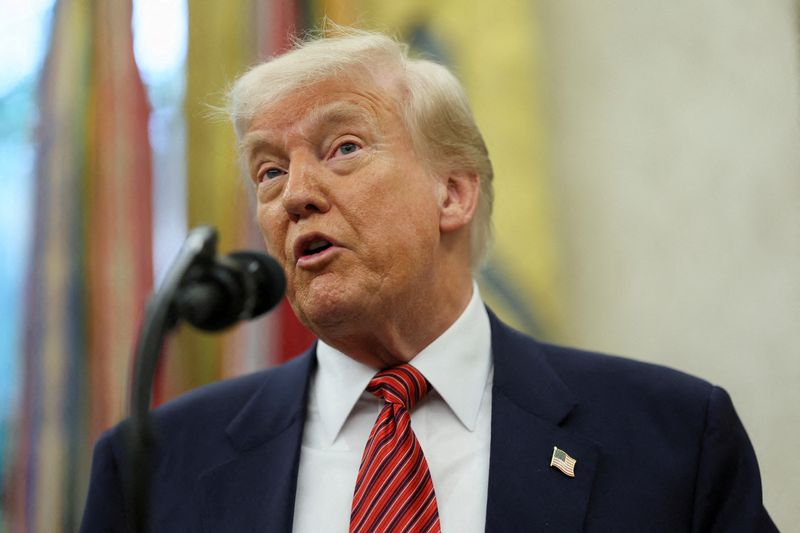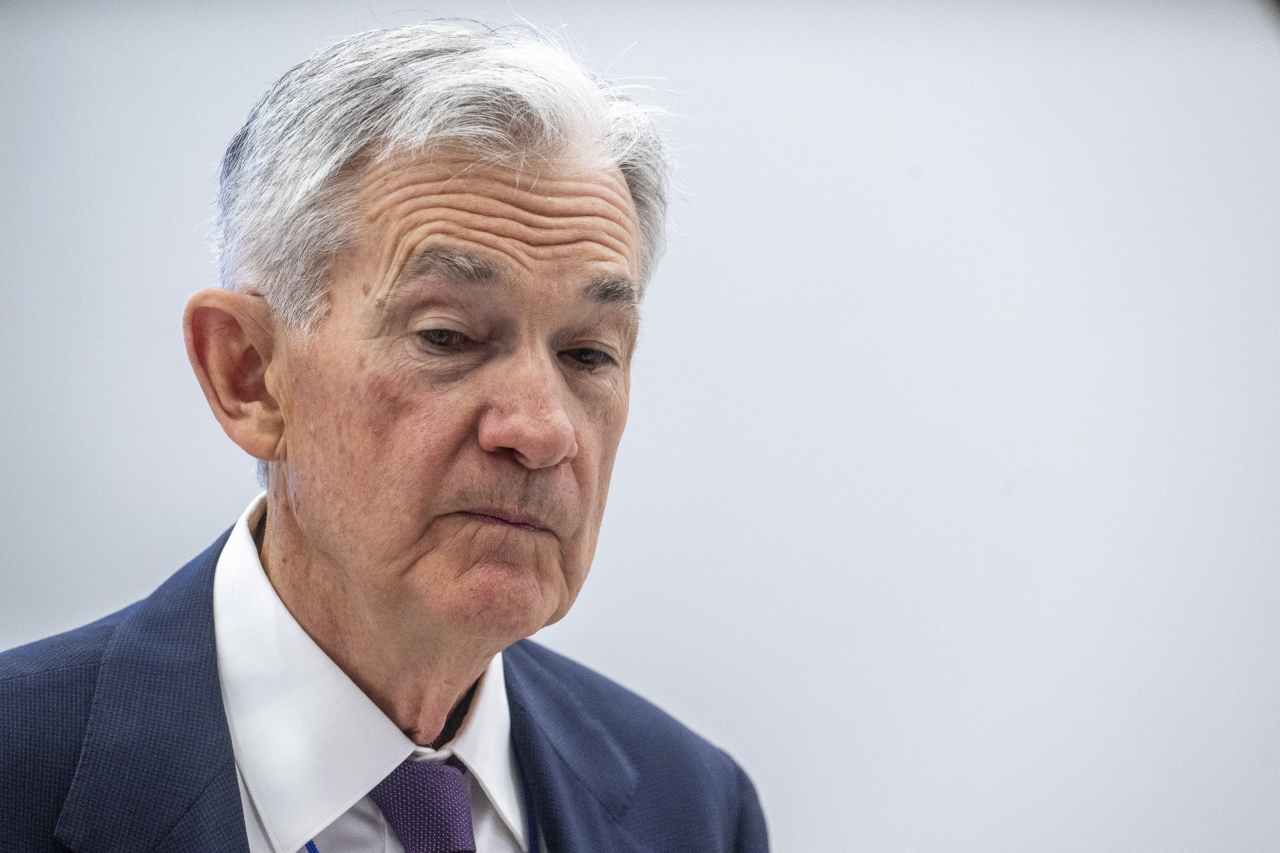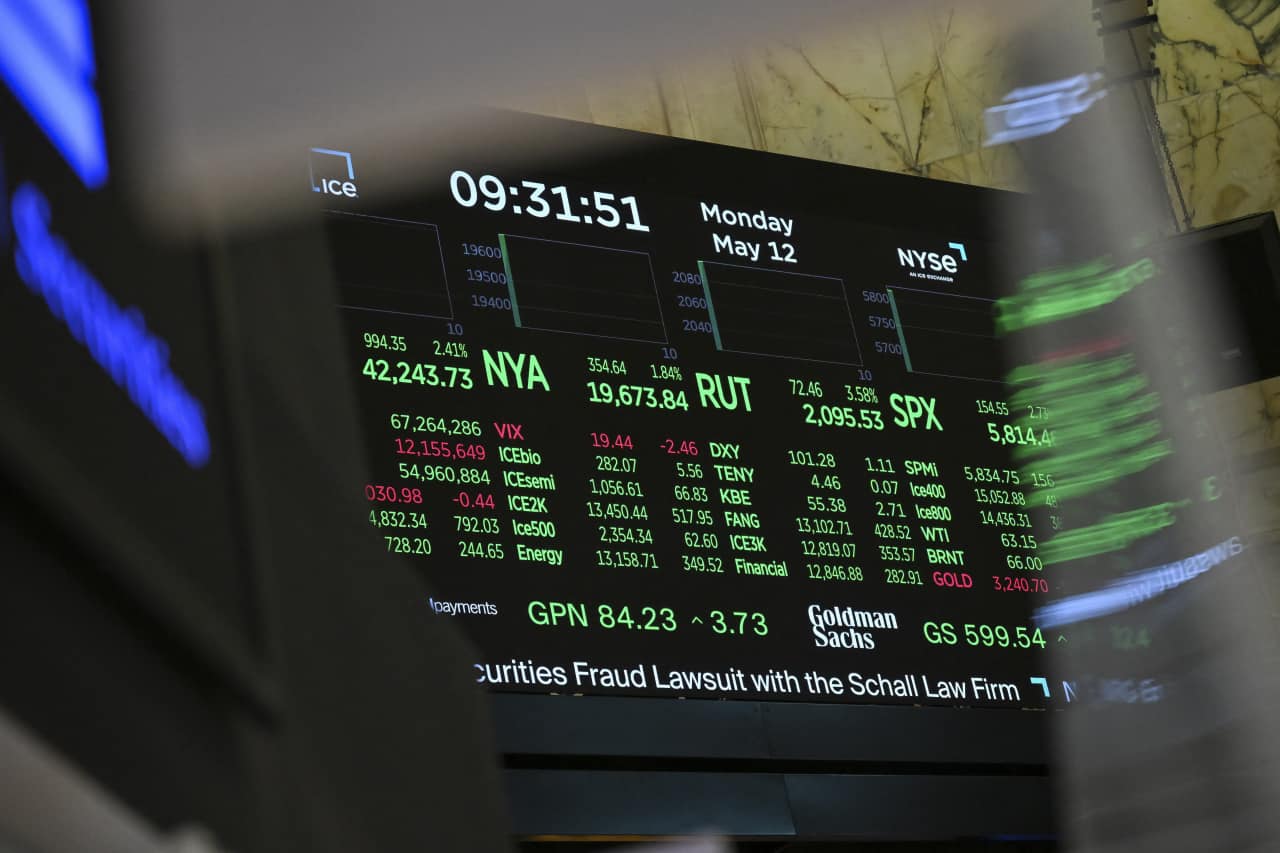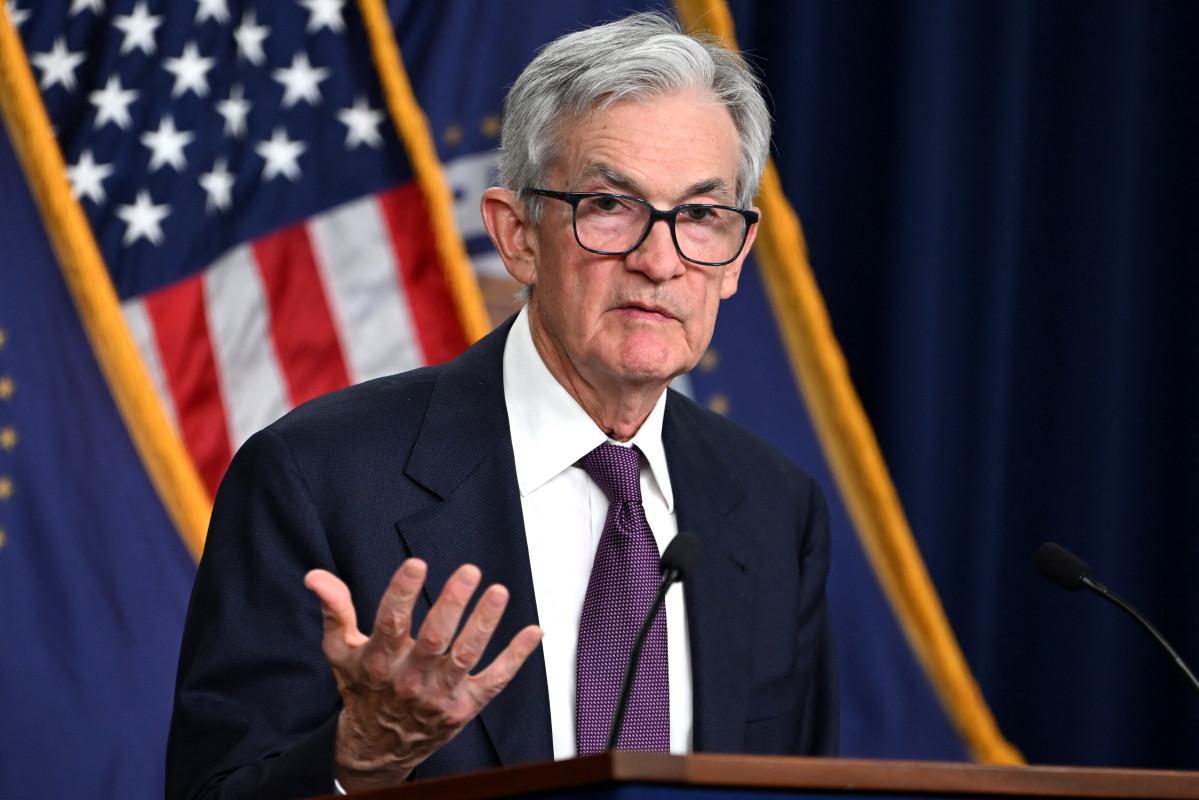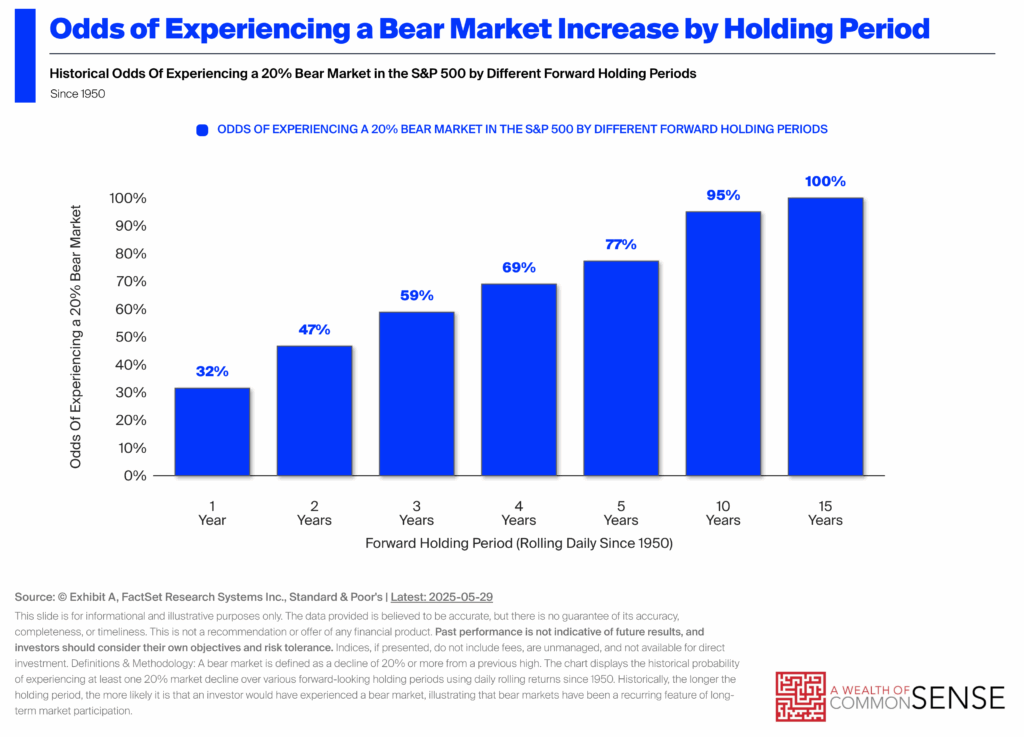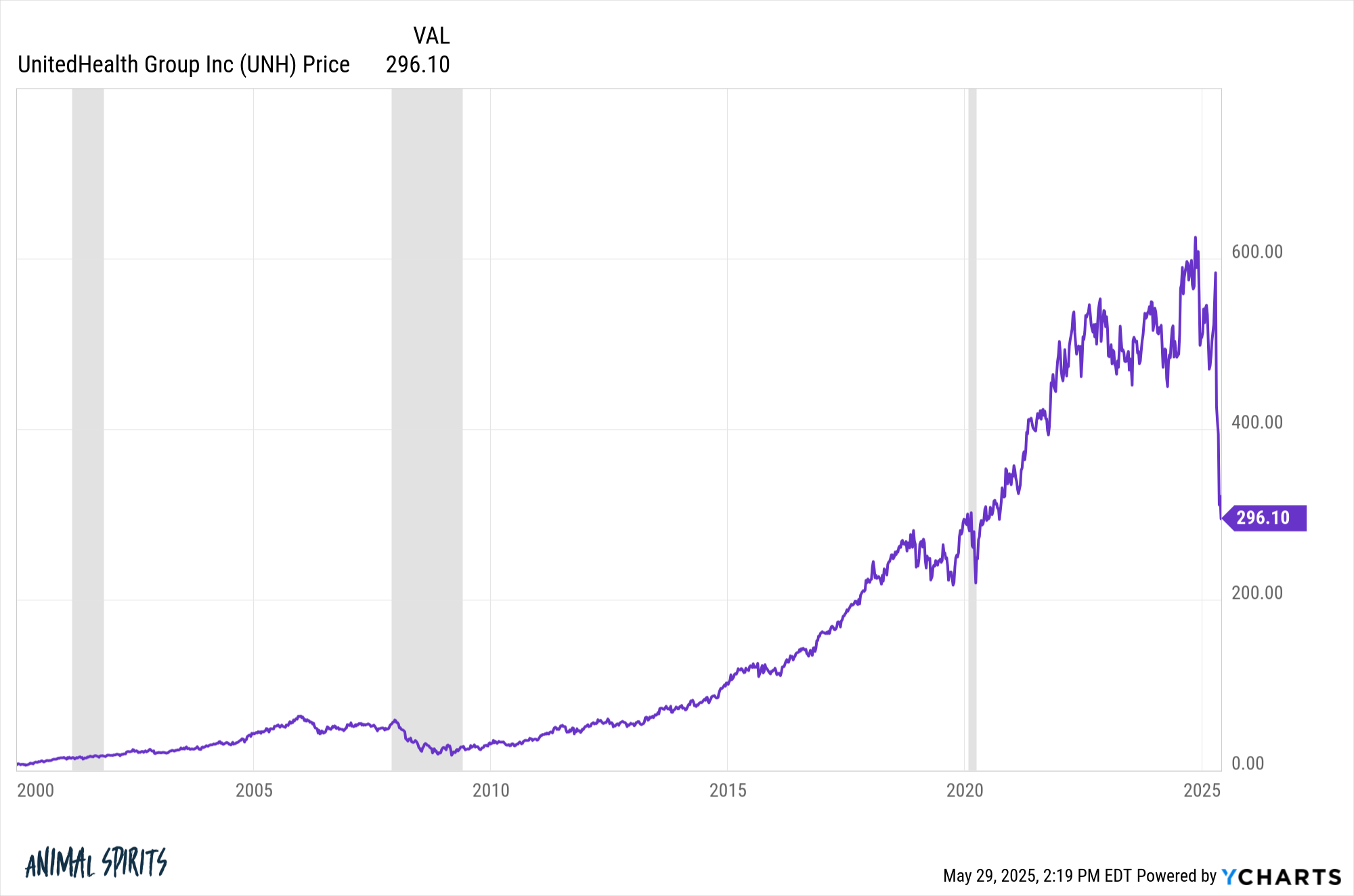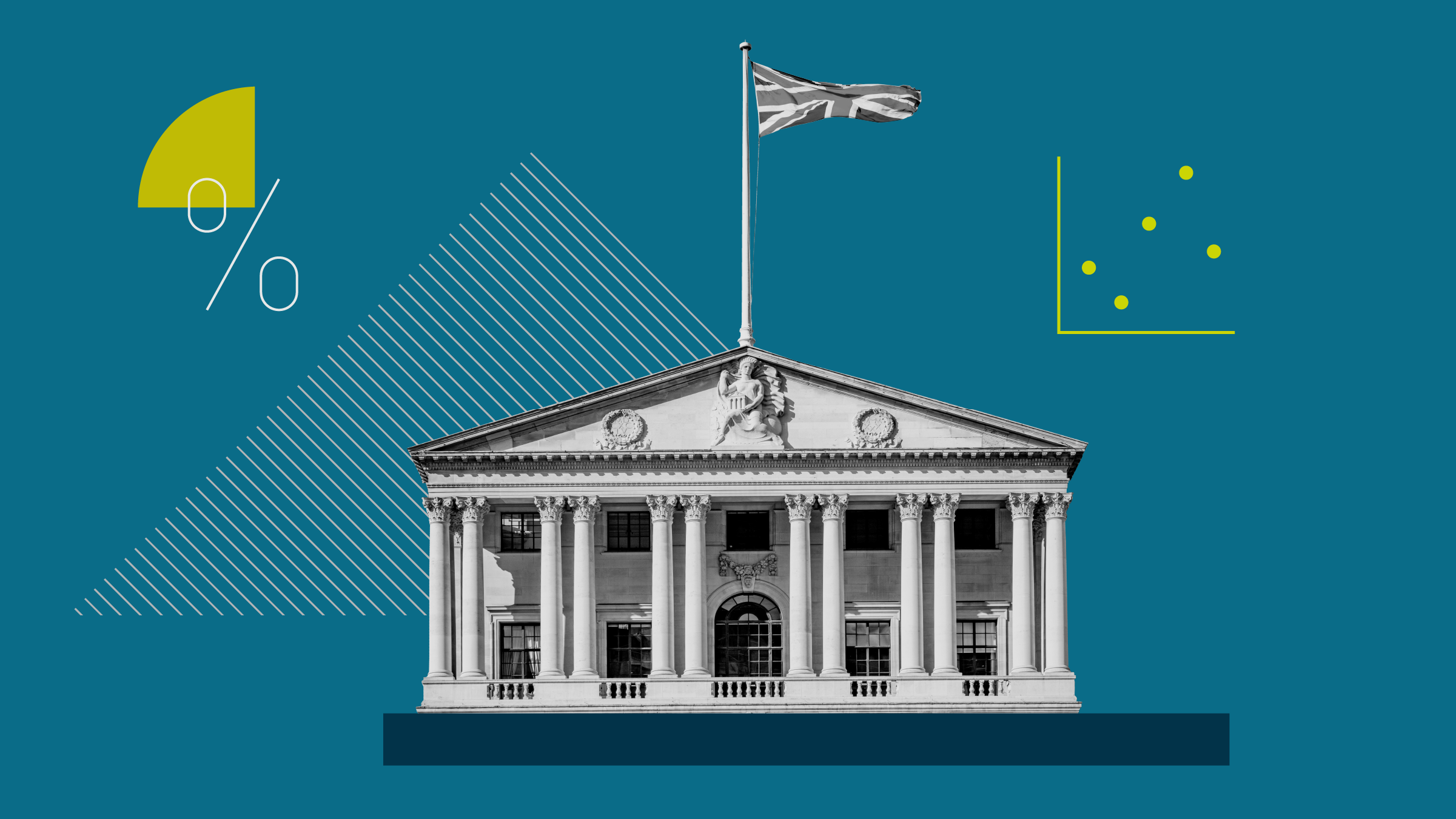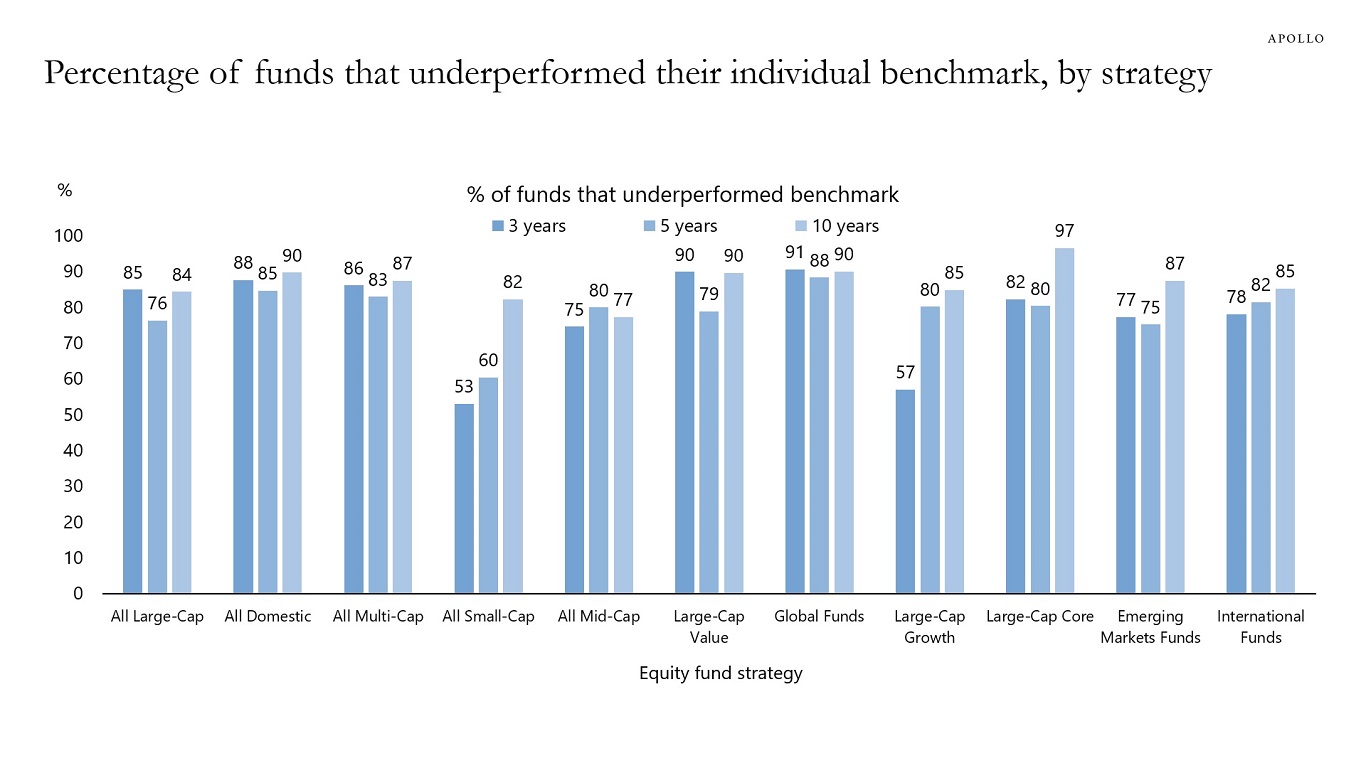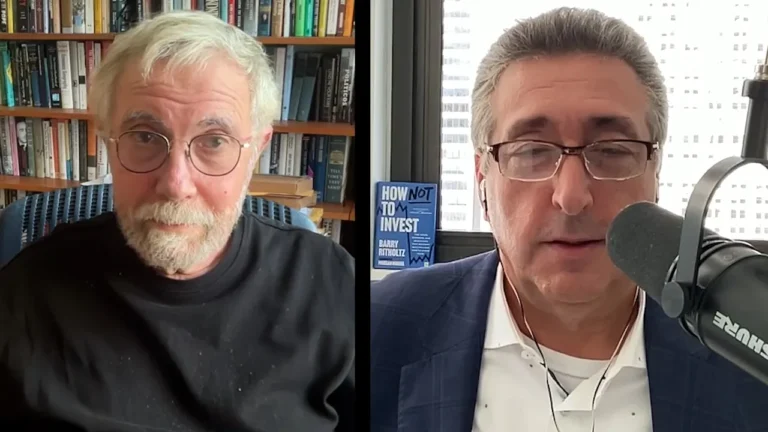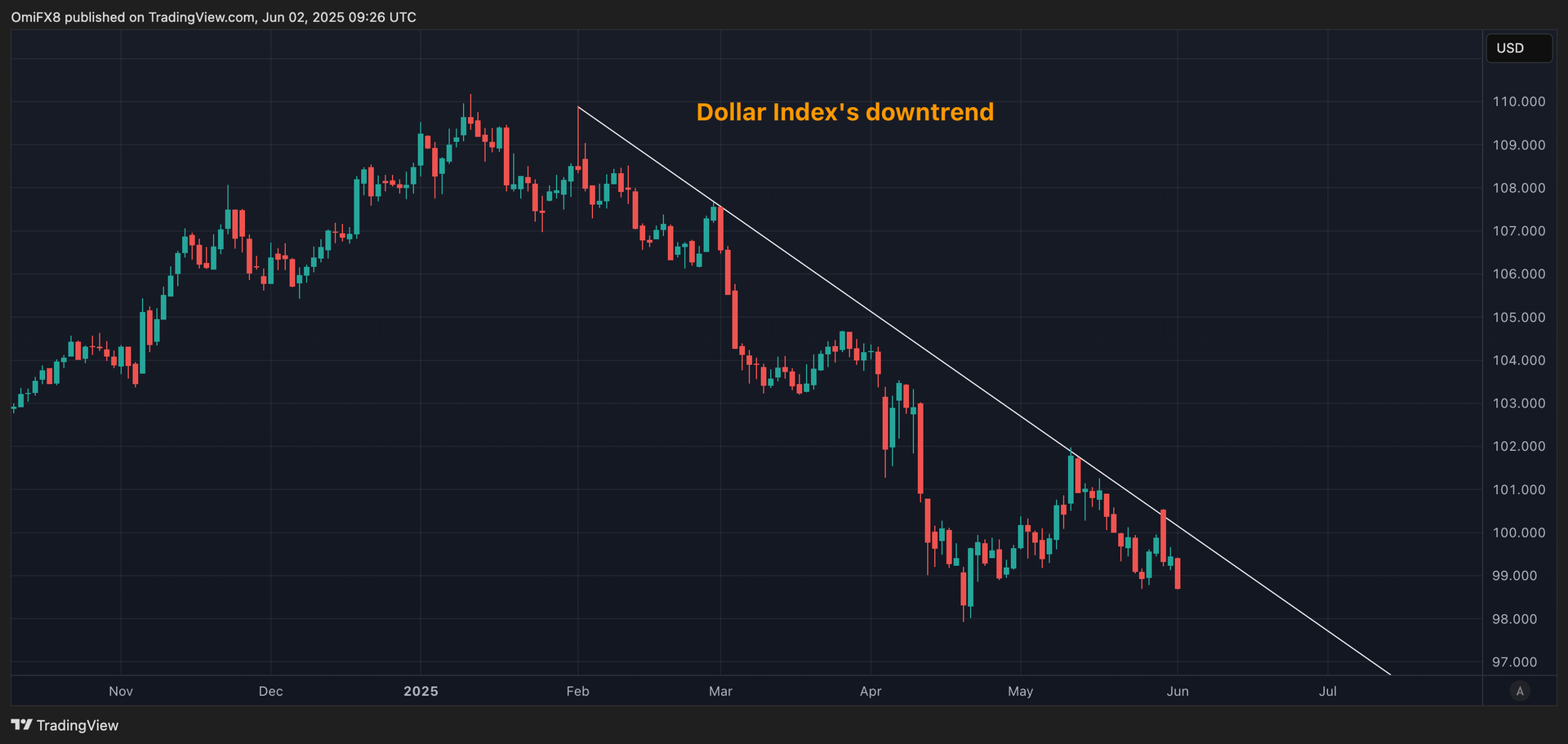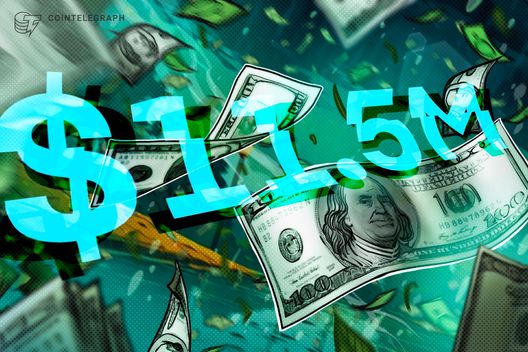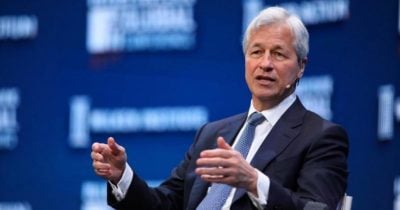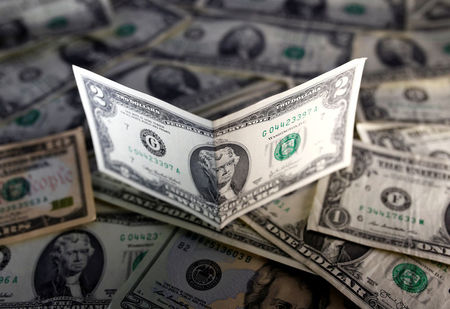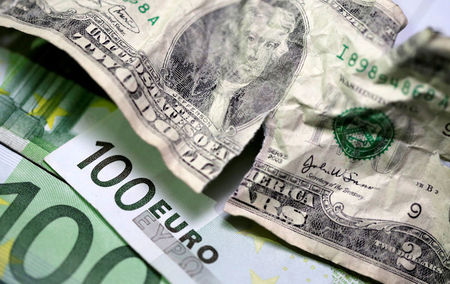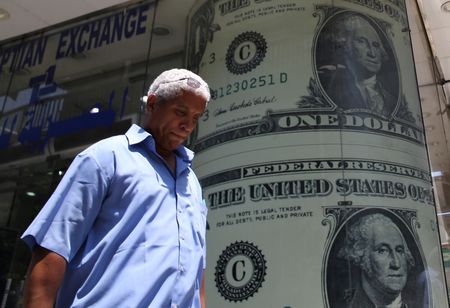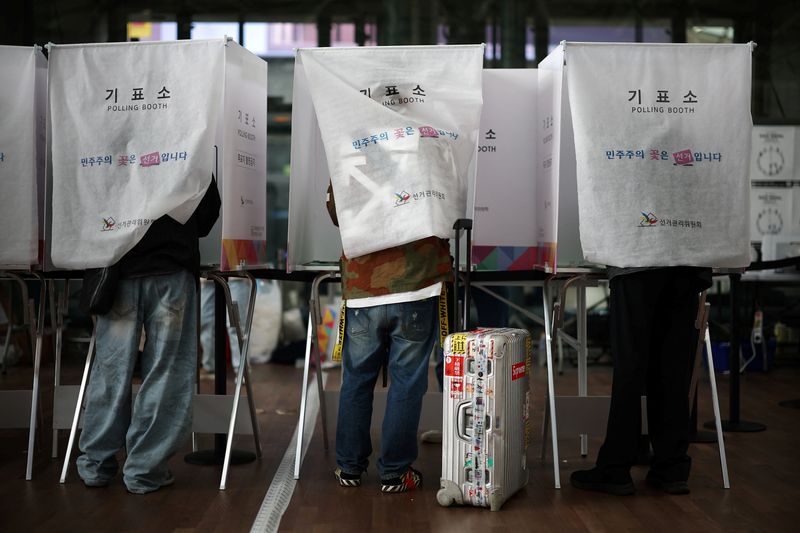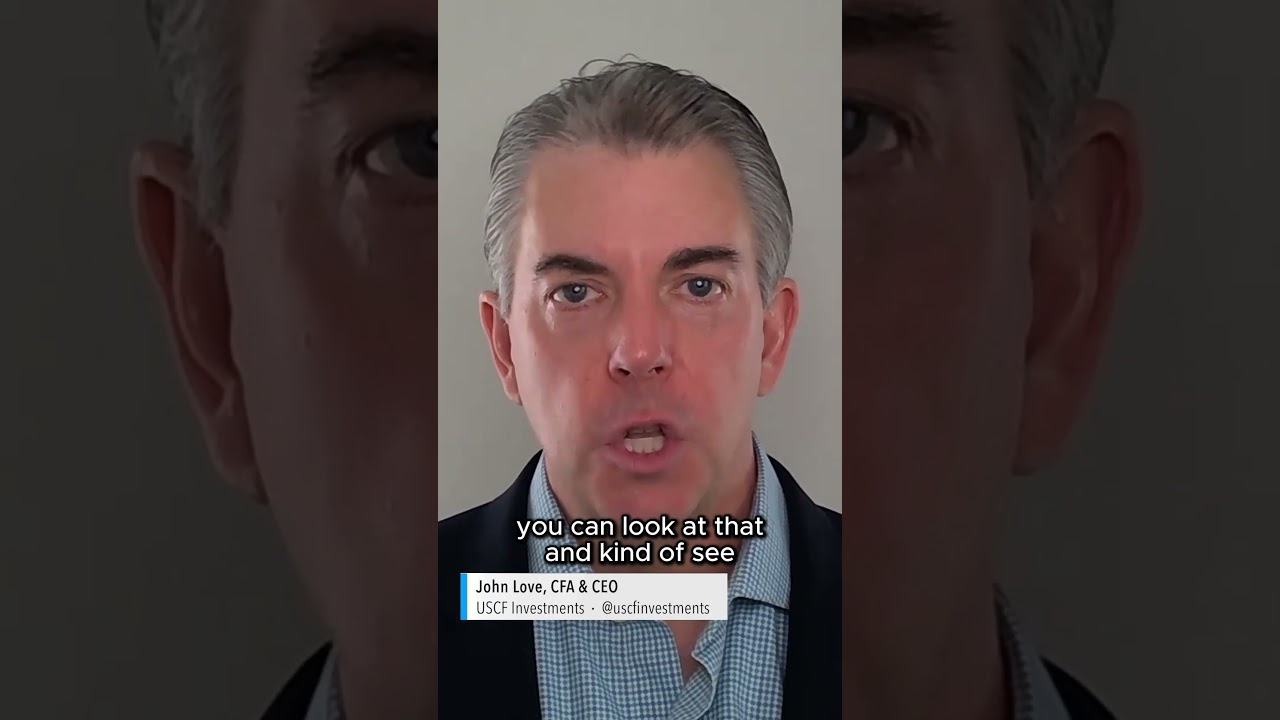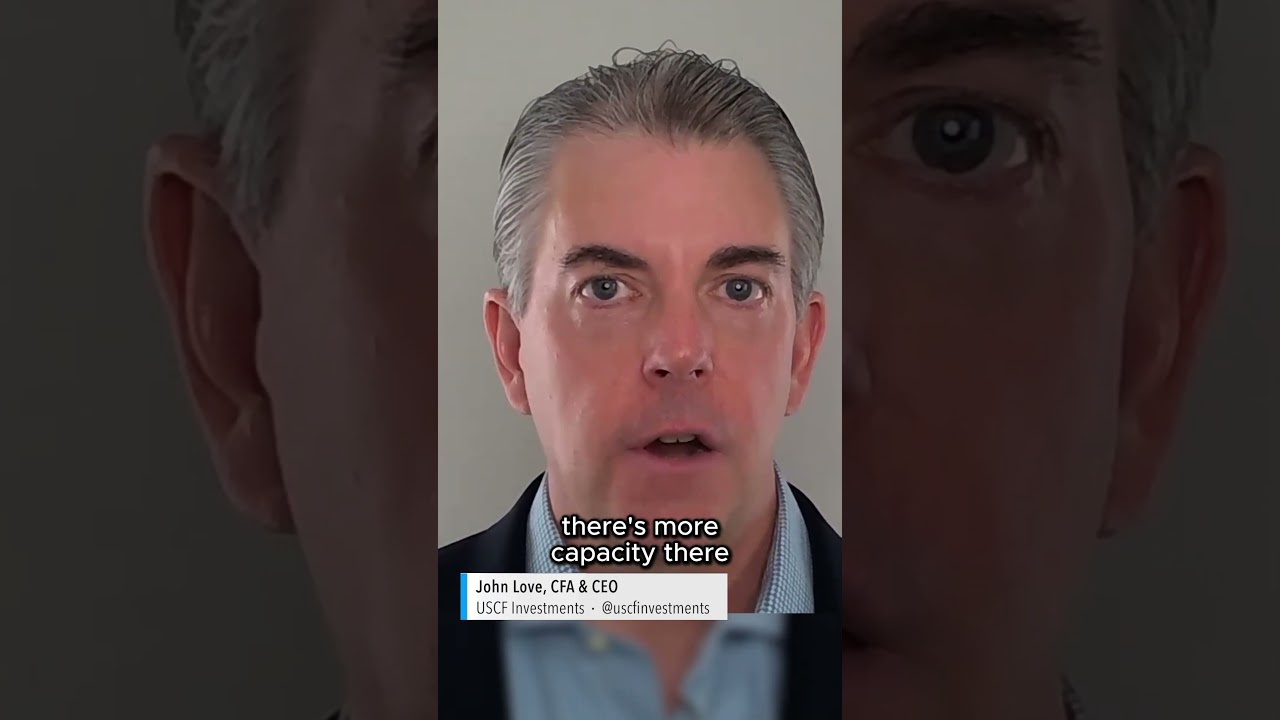The ‘revenge tax’ buried deep in the budget bill could turn a trade war into a ‘capital war,’ analyst says
Section 899 of the "One Big Beautiful Bill" moving through Congress has raised growing alarms on Wall Street.

- Section 899 of the “One Big Beautiful Bill” moving through Congress has raised growing alarms on Wall Street, after the once-obscure provision was initially overshadowed by the budget proposal’s estimated impact on the deficit. Deutsche Bank warned that what’s been dubbed the “revenge tax” could further harm the attractiveness of U.S. assets.
As Wall Street continued digesting the myriad line items in the 1,000-page budget bill that passed recently, one part has triggered an especially acute case of heartburn.
Section 899 of the “One Big Beautiful Bill” moving through Congress has raised growing alarms, after the once-obscure provision was initially overshadowed by the budget’s estimated impact on the deficit.
It has been dubbed the “revenge tax” because it would increase rates for individuals and companies from countries with tax policies branded as “discriminatory.” That means foreign investors, who own trillions of dollars in U.S. assets, could face higher levies on passive income like dividends and interest payments.
Investors have already shifted toward Europe and China as President Donald Trump’s aggressive tariff agenda has eroded the idea “American exceptionalism.” Meanwhile, foreign investors are showing signs of a buyer’s strike, shunning U.S. assets.
For George Saravelos, head of FX research at Deutsche Bank, the idea of a revenge tax could make them even less attractive. It’s also notable in the wake of a U.S. trade court’s ruling Tuesday that invalidated Trump’s reciprocal tariffs, as Section 899 could represent an alternative tool.
“We see this legislation as creating the scope for the US administration to transform a trade war into a capital war if it so wishes, a development that is highly relevant in the context of today’s court decision constraining President Trump on trade policy,” Saravelos wrote in a note.
He pointed out that Section 899 uses taxation on foreign investors as leverage to advance U.S. economic priorities and only has to meet a low bar before it can be enforced.
It would also make covering deficits more difficult by lowering the de facto yield foreign government earn from U.S. Treasury bonds by nearly 100 basis points, Saravelos estimated.
While the ultimate impact could be less than that, the mere introduction of more uncertainty and complexity around investing in U.S. assets “undermines the attractiveness of dollar inflows at a time when this is already put in to question,” he warned.
“It is not unreasonable for the market to conclude that if the President is constrained on using trade policy, taxing foreign capital could be a new means of leverage,” he added.
Even House Ways and Means Committee Chair Jason Smith, who supports the revenge tax, said during a panel discussion on Friday that he hopes it’s never used and instead acts like more of a deterrent that stops other countries from cracking down on U.S. companies unfairly.
Meanwhile, the Joint Committee on Taxation, the nonpartisan tax scorekeeper for Congress, echoed some of Wall Street’s fears.
Thomas Barthold, the committee’s chief of staff, said in a statement to Bloomberg Tax that Section 899 would lead to a “decline in foreign demand for US direct and portfolio investment.”
This story was originally featured on Fortune.com





